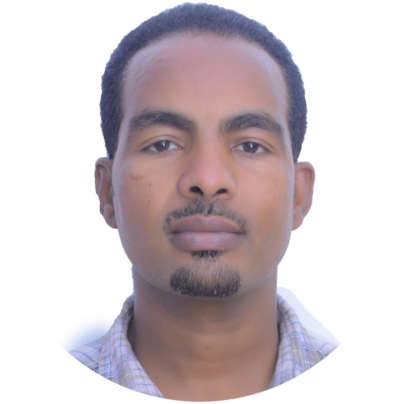Link is one of several partners delivering the TARGET project in Ethiopia, which provides technical assistance to a World Bank education improvement programme. We are responsible for the implementation of school leaders’ continuing professional development, or CPD. This is aimed at supporting existing school leaders through in-service CPD to strengthen the capacity of school leaders to improve teacher performance, community engagement and inclusion in the worst-performing schools of the four emerging regions of Ethiopia. One those regions is Benishangul-Gumuz, where I am based. As part of the CPD program, four toolkits, or modules, have been developed. We provided training for master trainers, key trainers and cluster supervisors.
The approaches motivate and give clear guidance for cluster supervisors (heads of administrative units) as to how they can effectively and meaningfully support school leaders on an on-going basis and as part of their existing responsibilities.
Project monitoring results shows that face-to-face training, coaching and professional learning communities have helped to improve the interaction between cluster supervisors and school leaders through a supportive relationship. School leaders apply themselves in a systematic manner to improve teachers’ performance, community engagement and inclusion in their schools. School leaders were motivated and started to review and plan their work critically, focusing on basic instructional leadership related issues. I want to introduce you to two school leaders who have seen big improvements in their schools following the training.
Ato Alemayehu Abebe, Selga no.23 Primary School:
“Before school leaders’ CPD implementation, there was low community participation in school activities. There was almost no community engagement. The community did not want to attend school meetings. The Parent Student Teacher Association was not even strong. The school did not have income, and there was little contribution from the community be it cash or in kind. There was a lack of classrooms. The school did not have a fence. The school was not creating an enabling school environment for girls and students with disabilities. There was no safe space for girls in our school. They did not come to school during menstruation.
After training and coaching on toolkits two and three (community and stakeholder engagement, and inclusive and gender responsive leadership) started, I have got the necessary skills and knowledge on how to bring the community into school issues. My ability to influence and work effectively with teachers, community and other stakeholders has increased. The school contacted the community elders and mobilized the community for support. A series of discussions were made with parents and influential community leaders, and an agreement as what to roles parents, community elders and the school should play was reached. Community participation in the school’s activities has increased significantly. They are now regularly following and supporting the school and students’ school participation. The number of community members participating in the school’s issues is increasing. The Parent Student Teacher Association has become strong. As a result, the community is attending school meetings regularly. Additional classrooms have been constructed by community participation at a cost of ETB 85,000 Birr. Teachers have become proactive to participate in extra school activities apart from teaching tasks. Safe space for girls has been established. Safe space is very important for girls for washing and changing during menstruation to prevent girls missing school and falling behind in class. This is really reducing girls’ absenteeism from school.”
Ato Leul GebreEgziabhair, Agole Primary School:
This school leader has said that they were using a room made of bamboo and covered with local grass for the teaching-learning process. After CPD training and coaching support was given, his ability to influence and work effectively with the community has increased. Being motivated by the support and guidance given on toolkit two, he was able to contact the community elders and mobilized the community for support. As a result, four classrooms were constructed by stakeholders and community participation. The community contribution in cash and kind was estimated to be ETB 175,570 Birr. Not only the community but also teachers’ participation in co-curricular activities has significantly increased. They provided tutorials for girls and special need students. They also produced and used appropriate teaching aids.

